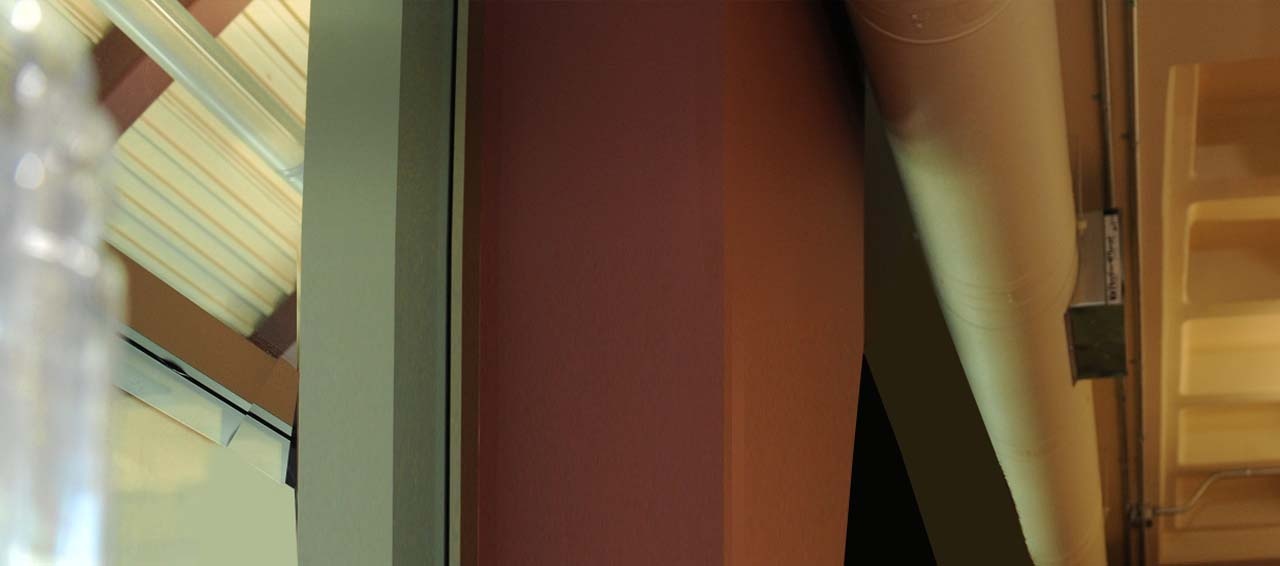Program Curriculums
Core engineering program
A substantial part of the work in first and second year is made up of courses common to all 10 engineering disciplines. You will apply to your preferred discipline in the winter term of first year and the elective classes taken in second year will depend on your selected discipline.
Complementary studies
Also an important part of the curriculum is a series ofÌýcomplementary studiesÌýclasses. The Canadian Engineering Accreditation Board (CEAB) of the Canadian Council of Professional Engineers (CCPE) requires that an accredited undergraduate engineering degree programÌýmust include Complementary Studies courses which appropriately complement the technical content of the engineering curriculum.Ìý
In the Upper Division,Ìýstudents are required to take one Complementary Studies Elective course where the subject matter deals with the humanities and social sciences.Ìý This must be a 3-credit course, normally offered by the Faculty of Arts and Social Sciences.Ìý Courses which focus heavily on science, mathematics, technical analysis or economics, cannot be used to satisfy this requirement.
Departments that may have suitable courses include: Arabic, Bioethics, Canadian Studies, Chinese, Classics, Contemporary Studies, Creative Writing, Early Modern Studies, English, European Studies, French, Gender and Women's Studies, German, History of Science and Technology, History, International Development Studies, Italian, Journalism, King's Foundation Year Program, Law, Leisure Studies, Music, Philosophy, Political Science, Religious Studies, Russian Studies, Social Work, Sociology and Social Anthropology, Spanish and Latin American Studies, Sustainability, Theatre.
If you are a student coming from one of our Associated Universities, please note that you are required to complete at least 50% of your classes at Dalhousie University in order to obtain your degree. If you have taken a class at another university from which you want to be exempted at Dalhousie, please keep this rule in mind because this means that you will be required to take another class in its place. If you are unsure, please do not hesitate to contact Dr. Brooks, Undergraduate Coordinator.ÌýÌý
Course requirements
Ìý
Questions?
| Chemical Advisor | Dr. Su-Ling Brooks |
494-6482 | Su-Ling.Brooks@dal.ca |
| Ìý | Ìý | Ìý | Ìý |
